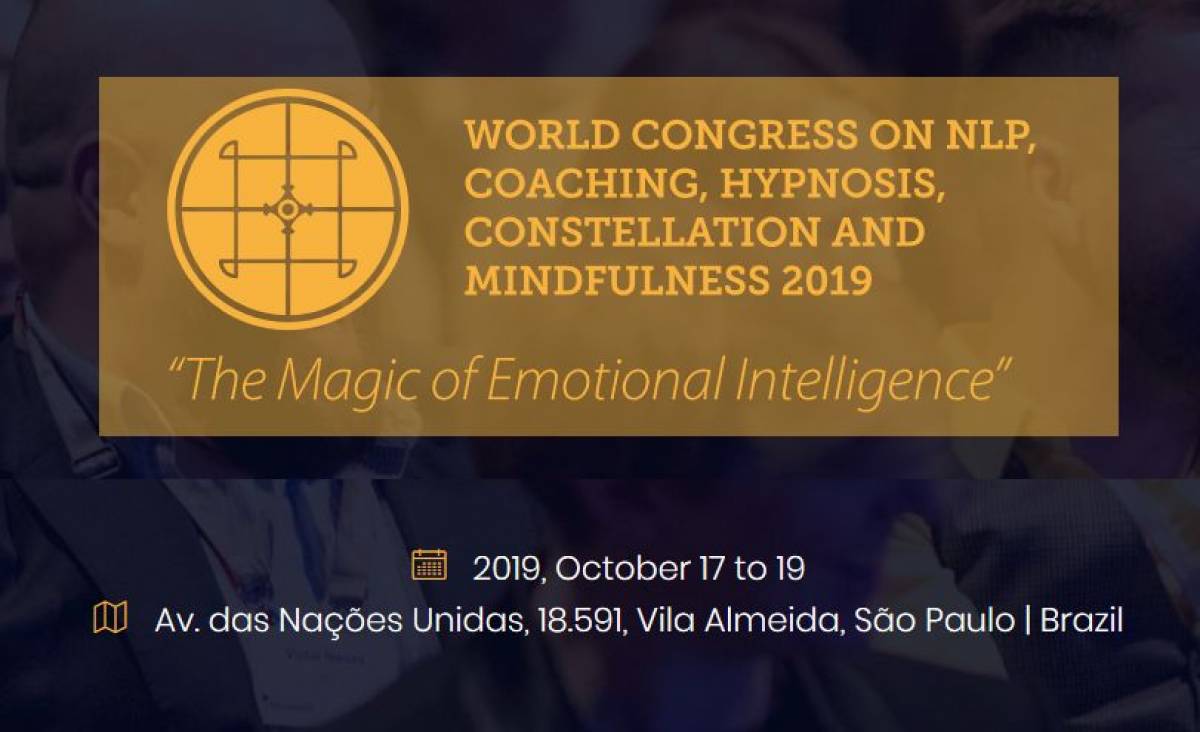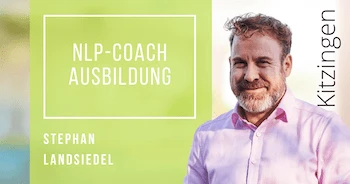About Us / Resources / Projects
World Congress Commission
About Us / Resources / Projects

The main ideas of our World Congresses
- A place where our Master Trainers can share their latest developments
- To inspire excellent communication and personal growth
- International meetings where people can learn from each other
- To contribute to a relevant topic
Topics of our World Congresses
2006 in Germany: NLP and the Human Development Levels of Prof. Clare Graves
2009 in Brazil: NLP & Coaching training in camps
2012 in Croatia: The Heroes Journey with NLP & Coaching
2017 in France: Hypno-Culture with NLP and Coaching
2019 March in Tunisia: Education and Life-Long Learning
2019 October in Brazil: The magic of Emotional Intelligence https://congressomundial.com/en
Main organizing Principles
A World Congress is organized by a member institute in cooperation with IN ICI WHO, and the speakers should be IN ICI WHO Master Trainers.
Ideally, it should be announced about 18 months in advance, the member institute should organize first a national congress or have enough experience with organizing big congresses before he organizes a World Congress, and it should be so well planned that at the end it produces no minus.
The presentations should be videotaped and an academically orientated congress documentary book should be produced with articles from the speakers and available on the Internet before the first day of the World Congress.
For the potential speakers, a call for papers with the chosen World Congress topic should be sent around as early as possible. Each speaker needs to be chosen from the World Congress Committee on the basis of the call for papers. IN ICI WHO Presidents are the first choice.
After the confirmation of a speaker, there should be a short ZOOM interview with him about his proposed presentation for marketing the World Congress.
Speakers are not paid for their presentations. They do not need to pay the congress fee.
Applications for future World Congresses
Barney Wee from Singapore
Reza Omrai from Iran
Llilianna Kupaj from Poland
Please log in below for the area for comments
Guidelines for Congress Organization


